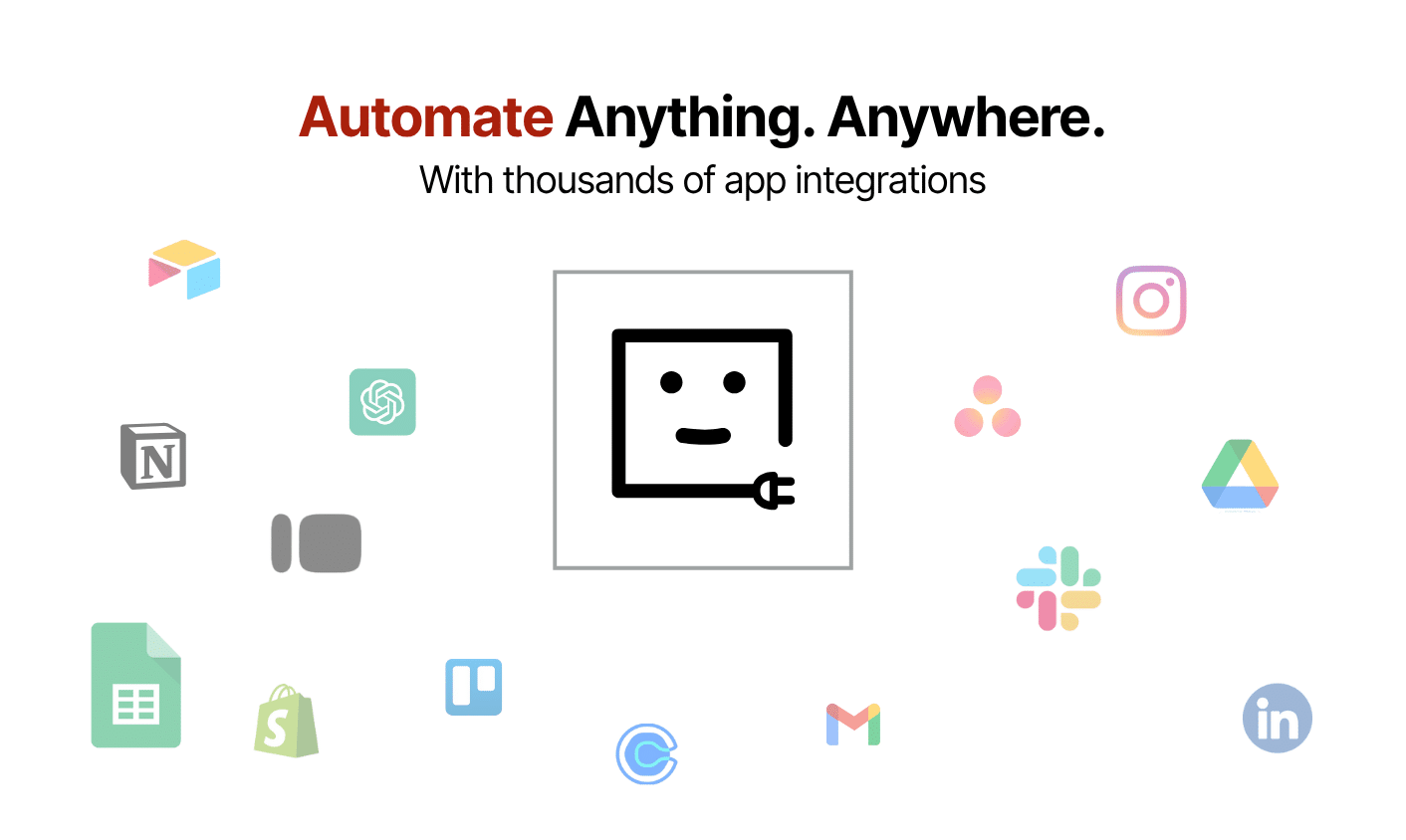You’ve invested in a new sales CRM tool. Yet, your revenue teams still struggle with issues like poor deal tracking, data silos, and long sales cycles.
The problem isn’t that CRMs are ineffective. Rather, your CRM software isn’t tailored to your business needs. It’s too complicated, built for the leadership team, or doesn’t have the core features for driving sales.
Read on to discover tell-tale signs that you’re using the wrong CRM and how to fix this problem.
4 Reasons why your CRM software isn’t working
1. Your CRM software isn’t designed to drive sales
Although one of the CRM roles is to help you with sales analysis, it isn’t the main function—and many businesses make the wrong decision here.
One of the primary reasons CRM tools miss the mark in helping companies increase revenue is that they are too often used for inspection, such as reporting and forecasting, rather than creating improvement in the sales process. Front-line sales professionals and managers rarely find the majority of these capabilities useful in winning more business for the company.
In other words, CRMs support administrative tasks, not sales. There are four main reasons for this:
- Managers want to maintain their current budget: They’re using CRM software to justify their decision-making, ensuring they’re not at fault if something goes wrong.
- Managers want to increase their current budget: They’re using the company’s CRM platform to justify yearly budget increases. This often means less budget for another department.
- Leadership wants a fall guy: The sales team theoretically owns the CRM software, but the leadership team controls how it is used. If things go south, the sales team takes the fall rather than those in control.
- Leaders are looking for a career-making moment: They’re using sales CRM to track the progress made with or without their help. They can attach themselves to progress taking place in the organization, riding that momentum to a bigger payday.
Each of these factors means there’s less emphasis on using a sales CRM tool to drive sales and a greater focus on investigative and analytical work. This, of course, means less revenue.
2. Your sales team won’t use your CRM platform
Here’s a scenario you’re likely familiar with:
You need a CRM system. Your managers, department heads, purchasers, etc., discuss their ideal CRM sotware. They list their requirements and research CRM options.
After narrowing down the list of possible CRMs, they eventually settle on one of them. They roll out the CRM platform, and the company notifies everyone.
There is just one problem: Your sales team refuses to use the CRM software because it doesn’t cater to their needs. In other words, it is:
- Complex
- Creates a significant amount of pain during the setup or transition process
- Inefficient and cannot align with the existing sales workflows and processes
- Has a steep and long learning curve
- Doesn’t come with the training your sales team needs
To solve this problem, involve your sales team throughout the CRM purchasing process. More importantly, let them make the final decision.
Related: Why salespeople don’t use their CRM software.
3. Your CRM platform is difficult to scale
Most CRMs do not support scalability. So, you either have to pay for features you don’t need in the short-term — resulting in a cumbersome platform, or invest in a new CRM platform as your business scales. Either of these options means wasting time and money.
You need a CRM tool that keeps up with your business’s growth pace. There’s no reason to pay for features you don’t need right now. Instead, you should be able to choose the capabilities you need today and add more features as your business needs change.
4. There’s a mismatch between your CRM type and business
A mismatch between your CRM and business lowers your sales team productivity and reduces your CRM ROI.
Depending on who you ask, there are at least four types of CRM:
- Analytical: These CRMs are all about collecting data and visualizing the insights gained from this data. This is perfect if you’re looking to gain deep insights into your customer’s behavior. If you rely on your salespeople to drive sales using this CRM, not so much.
- Collaborative: They’re all about sharing data – This could be data shared with other vendors, suppliers, and distributors or data shared across multiple departments in your organization. This can work well if turf wars, silos, and internal politics can be kept to a minimum.
- Campaign management: A hybrid of the analytical and operational CRMs, this CRM type is used to manage large-scale sales and marketing campaigns using the data collected. This works well if you have clearly defined, well-documented processes. If you’re winging it, this CRM platform is a disaster. Properly defined workflows and procedures are important for all four types, but they’re must-haves here.
- Operational: This CRM system is iterative. Your sales team collects customer data, then you make changes in your business based on the lesson you’ve learned. This is especially suited for teams using CRM to retain customers and drive revenue and growth directly. These CRMs offer sales, marketing, and service automation.
The best CRM for you depends on several factors, including:
- Your business model
- The industry
- The number of employees in your company
- The presence (or lack of) documented processes and workflows
- Culture
- The type of sales team you have in your organization
- The culture of your sales team
Say you’re a small business looking to better understand your customers. In that case, an analytical CRM is your best choice. And if you’re working with many stakeholders, you’ll need a collaborative CRM.
Armed with all of this information, the next and most important step is to speak with the stakeholders — the people who will use the CRM software in their tool stack. Learn about their goals and objectives and what they are looking for in a CRM platform.
Now that you know how to identify the wrong CRM platform, let’s move on to the next bit: Choosing good CRM software.
What are the features of good CRM software?
Good CRM software checks five important boxes:
- Usability: The software is easy-to-use. Your team members should not require any special skills to navigate the platform, add and update data or delete customer records as needed.
- Flexibility: Flexibility means that you can easily scale up the software’s capacity to meet growing data needs as your company expands — without any negative impact on its functionality.
- Automation: A good CRM software can automate tasks like sending follow-up emails, scheduling appointments, and even generating reports. Automation frees up time to focus on more strategic tasks like developing lead generation plans to scale customer acquisition.
- Security: A good CRM should have a robust security infrastructure that keeps your customer data safe from unauthorized access or cyber-attacks. This includes features like password-protected access, encryption of data both in transit and at rest, and the ability to control data access permissions for different users.
- Support for multiple integrations: The most effective CRM platforms allow you to easily integrate your external workflows into their systems. For example, you can import and export data from existing databases or auto-populate CRM fields with data from lead generation forms on your website. This way, you can effectively handle all your sales and account management from one central platform.
Related: How to boost ROI with integrations.
Having the right CRM software can increase your revenue
Your CRM platform is, by definition, supposed to produce more customers and more sales growth. If it isn’t, that’s a sign there’s something wrong.
Begin with the end in mind. Focus on your stakeholders and end-users — what do they need to drive sales and growth? Listen to the right people, and you’ll find the right customer relationship management platform for your business.
If you’re looking for a CRM solution that streamlines your sales team’s workflow, helps you stay on top of team tasks, and integrates with your existing tool stack, Pipeline CRM should be on your radar.



